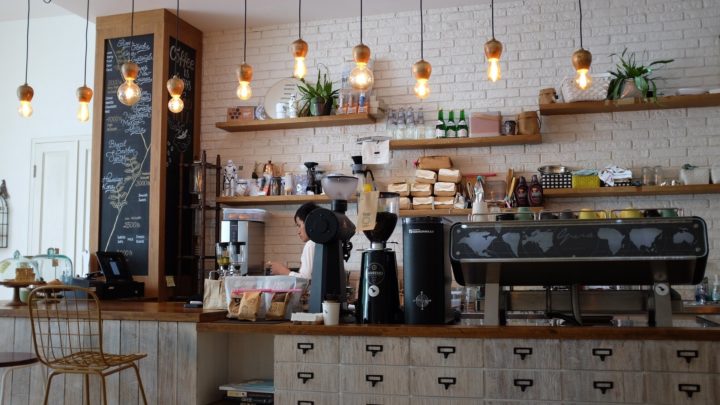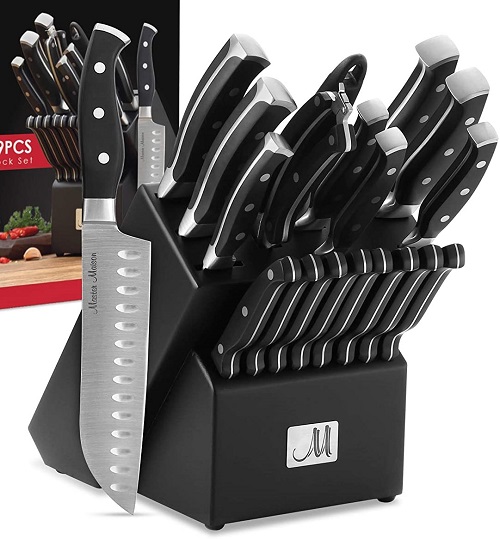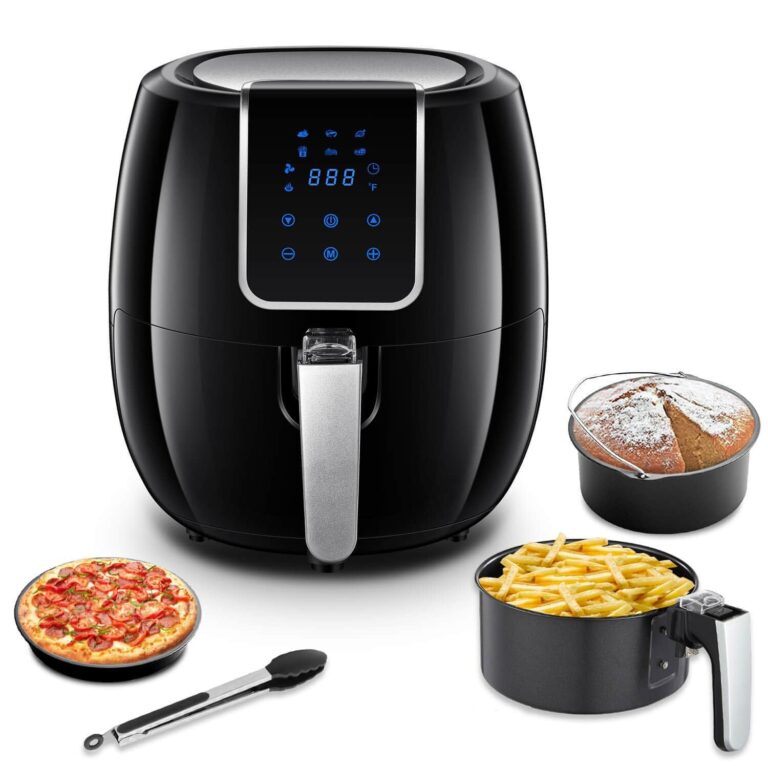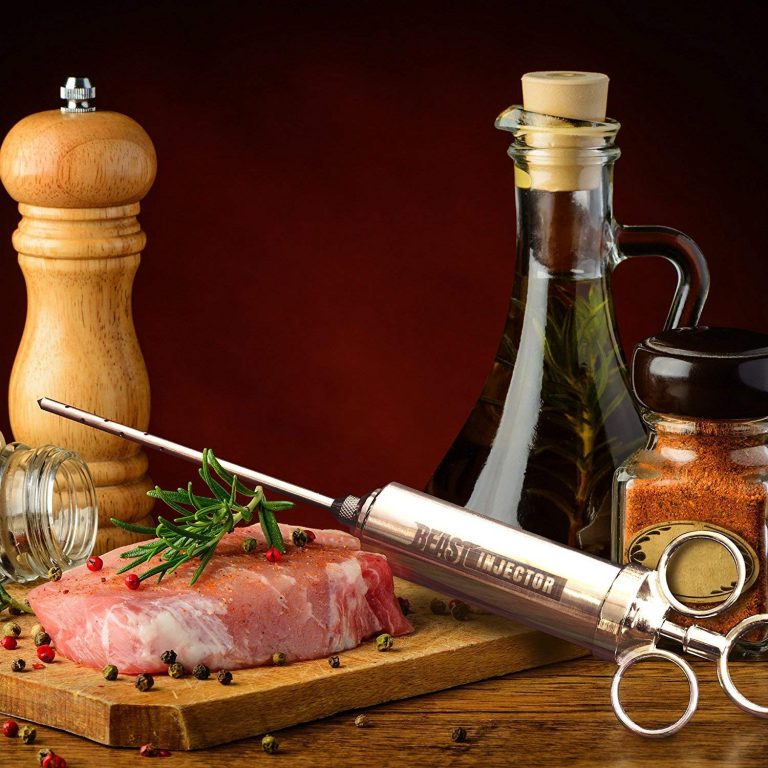You might think that launching a successful coffee shop is quite easy. After all, pretty much everyone nowadays is hooked on caffeine day and night.
The truth is, like most business ventures, there’s a lot of work involved in getting a coffee shop to truly take off.
You’ll need to pay a ton of attention to aspects of the business that most will regard as trivial. For instance, choosing the right espresso machine won’t just help you make delicious and strong brews, it’ll keep your maintenance costs down and your efficiency up.
So what’s the secret to opening up a coffee shop that’s going to be a real hit with the customers? Well, there isn’t just one:
1. Have A Comprehensive Business Plan In Place
A business plan details what your business is, how it plans to make money, who your target consumers are, future goals for growth and so on.
While being able to make a great cup of coffee is essential, that alone won’t help you run a profitable business, especially if there are tons of competitors in your area that do the same.
In that case, it’s best to have a sound idea of how you’re going to distinguish yourself in a crowded market.
For instance, yours might be the café that sells coffee in recyclable cups and takes a strong stance for eco-friendly lifestyles.
Have these strategies detailed in your business plan.
2. Rent, Buy Or Build An Ergonomic Space
People want their coffee quick! That’s why it’s always good to make sure that the layout of your shop helps improve the speed at which staff brew and serve coffee.
For instance, if your barista has to walk halfway across the room to reach the bean storage or bar fridge milk, then your customers may have to wait in line for a long time.
The ideal coffee workstation is one that has plenty of space (so that staff members don’t have to compete for it) and provides easy access to all the essential ingredients and tools like cups, grinders and other accessories.
Here’s a good tip: place the cash register within earshot of the barista. This way, the sound of the cash register will let him/her know to start with prep work even before the order is delivered.

3. Get Your Espresso Right
A lot of customers, especially sleep-deprived ‘hustlers’, will judge your coffee shop by the quality of espresso you serve. Hence, it’s important to get your espresso right or have risk having customers walk out the door and into competing cafes.
Having a good commercial automatic espresso machine that brews a really strong cup (and fast), can help your business thrive.
Most super-automatic machines will have built-in grinders but if you need to purchase one separately, we recommend getting a conical grinder.
These don’t produce much friction when you grind, essentially reducing the amount of heat that is generated.
This is a good thing as high temperatures can change the flavor of the coffee beans.
In addition, they help you achieve a variety of grind textures from coarse to ultra-fine.
Of course there are other things to consider when buying an espresso machine, like your budget, the aesthetic (you can’t have a very modern-looking machine inside a rustic-themed coffee shop), the capacity of its boiler or reservoir (which will determine how many cups of coffee you can brew with each refill), how much maintenance is required to keep it running in perfect condition and more.
Along with the right machine, it’s important that you employ a skilled barista and use the right type of beans. The best espresso comes from freshly-roasted Arabica beans so always make sure that you have a good supply of those!
4. Hand Your Books To A Professional
A lot of new cafe owners set out to do everything on their own, hoping to cut down on costs. However, the reality is that you’ll most likely lose a lot of money.
When you stretch yourself thin, you’ll have very little time and energy to manage the place and plan for the future. As a result, the quality of service may decrease and you’ll gradually lose a lot of customers.
Accounting, in particular, is a task that requires a lot of time and brainpower.
It also needs to be compliant with bookkeeping laws if you don’t want to get in trouble with the government. Considering all that, the best thing to do is to hire an actual accountant to handle your finances.
5. Start Putting Together A Marketing Plan Immediately
Having a strong marketing plan can allow you to have a strong launch. Ideally, you want to have as many people informed and excited about the opening day as possible.
Otherwise, the only customers you may get would be stray dust blowing in through the front door.
Here are some easy-to-execute marketing strategies to try out leading up to the grand opening:
- Handing out flyers with details about the launch day
- Handing out free coffee samples to a few offices in your area
- Building up a mailing list of locals and sending coupons
- Setting up a Facebook and Instagram page and running ads that target residents in your immediate area.
6. Be An Active Member Of The Community
Businesses that give back to the community are always going to be very popular among locals.
Joining the local business association or partnering up with a charity to raise funds might seem like insignificant actions but they can have a profoundly positive impact on how the locals view your coffee shop.
The idea is to not be ‘just another business’ but rather an irreplaceable member of the community that people are happy to continue supporting.
7. Restrict Your Offerings
One of the biggest mistakes you can make is offering too many choices to your customers. Having a wide variety can significantly add to your costs.
You may need to spend more time training your staff and keep stock of bean roasts and other ingredients that may largely end up going unused.
At the same time, you’re putting a strain on your customers as well, bombarding them with too many options.
Because of these reasons, we highly recommend that you keep your options simple.
Cover only the necessary brews and have them available in three sizes: small, medium and large.
8. Be Careful With Your Spending
It can be very tempting to buy lavish décor or expensive equipment for your coffee shop, but it’s more important to save money for day-to-day expenses.
Like most businesses, your café may not take off immediately, so you’ll need money in hand to pay your staff, keep inventory, perform maintenance on the space, and carry out marketing campaigns.
Hence, we highly recommend that you shop around with the best deals on everything from chairs to your espresso machine. Try to buy second-hand as much as you can.
9. Provide The Best Service You Can
A great cup of coffee isn’t enough to keep customers coming back to your shop. Regardless of whatever spins you might put on your brews, coffee is essentially a commodity.
If your product is a commodity, then you need to differentiate yourself in other ways.
For instance, by providing a level of service that customers won’t get anywhere else.
This could be as simple as serving your customers with a smile or something as elaborate as a royalty program.
Your aim with customer service should be to build a strong relationship with your customers that it doesn’t matter if you offer the same coffee products as your competitors.
10. Demand The Best From Your Employees
You can talk the talk on social media about how your coffee shop upholds the very best business practices but if your employees’ behavior and attitude don’t back these claims, you’re going to be labeled as a liar.
Because of this, it’s very important to set high standards for the workplace. Demand that your employees follow the best practices when it comes to cleanliness, speed, customer service and more. Hold them accountable for their failures.
This doesn’t mean that you should micromanage your employees. Try to teach through motivation and have incentives for great performance.
Recent Posts:
11 Top Rules to Make Best Coffee
Best Commercial Espresso Machines for Small Coffee Shops
11. Have Multiple Income Streams
It can be really hard to make a living out of selling just coffee in your shop.
Sure, people depend on it to keep them going throughout the day but unless you’re charging a hefty premium, you won’t make your fortune from coffee alone.
Even big chains like Starbuck know that, which is why they also offer coffee accompaniments like cupcakes and cookies.
A good tactic is to have these sitting near the counter, tempting customers to grab one along with a cup of coffee.
12. Strategically Improve Takeaways
Customers who sit on benches, sipping on one cup of coffee for a couple of hours isn’t all that great for business.
Therefore, you should focus on getting more takeaway customers as well, perhaps through a well-constructed marketing campaign.
So, while your sit-down customers take their time sipping coffee and chatting amongst themselves, your servers should be busy taking lots of orders from takeaway customers.
There isn’t just one recipe for success when it comes to launching and running a coffee shop. Like with any business venture, it takes a lot of hard work and planning.
These 12 secrets cover a wide range of important aspects in the coffee-selling business from choosing the best espresso machine to employee management.
We urge you to give all these tactics a try to find out which works best for you.







